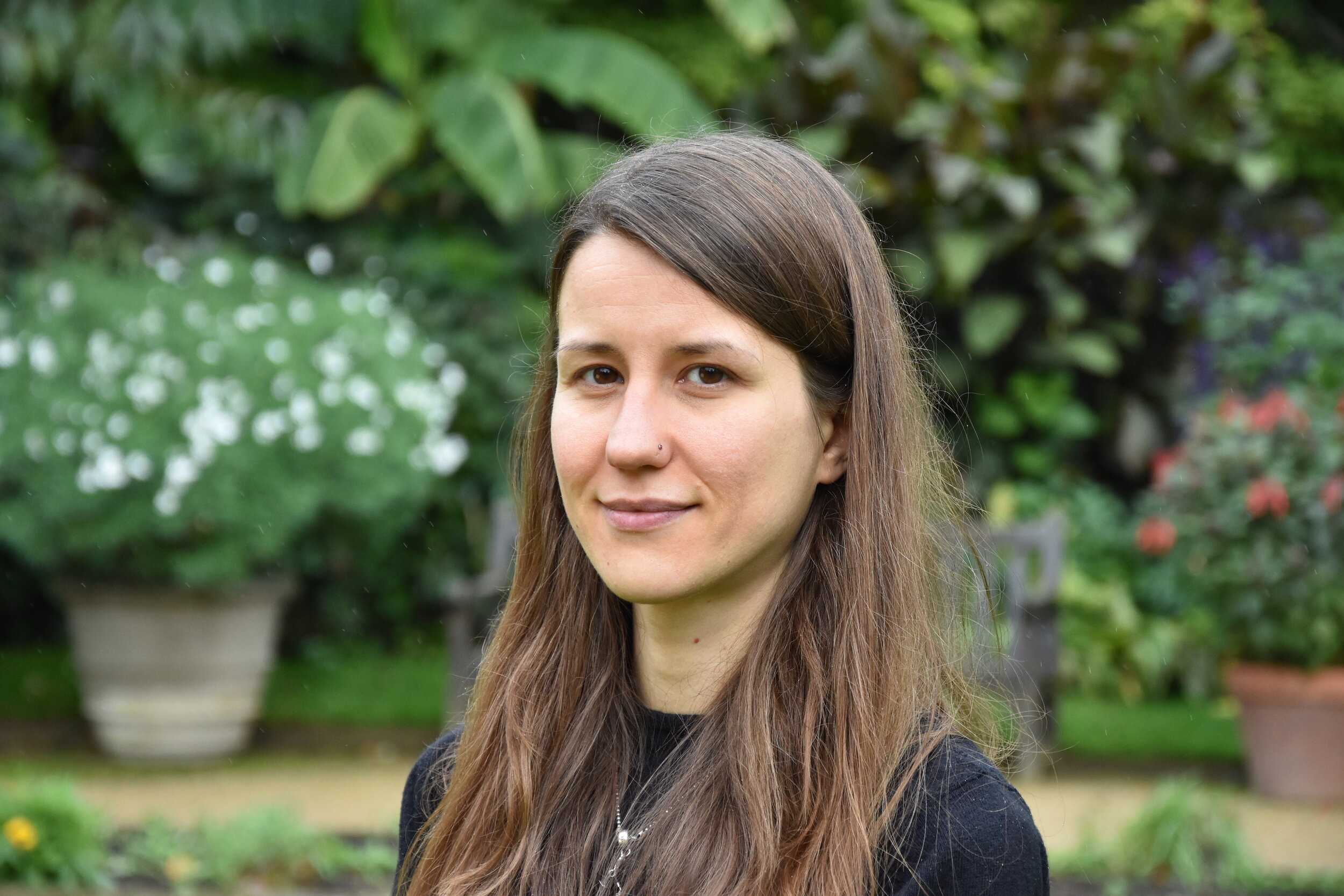Sandra Wachter
university of oxford
Learn more about building an AI-first technology startup on the Air Street Capital blog and our monthly analytical newsletter, Your Guide to AI.
The Research and Applied AI Summit (RAAIS) is a community for entrepreneurs and researchers who accelerate the science and applications of AI technology. We’ve been running for 6 years now and have hosted over fifty entrepreneurs and academics who have built billion-dollar companies and published foundational papers that drive the AI field forward.
In the lead up to our 6th annual event that will be broadcast live online on the 26th June 2020, we’re running a series of speaker profiles highlighting what you can expect to learn on the day!
The ethics of algorithm design
As AI systems gain adoption in industry, issues around fairness, bias, and discrimination have come to the fore. The current legal system provides us with a set of tools, but further innovation on this front is required in the age of AI-first technology to protect us while enabling innovation and economic growth.
To discuss this topic at RAAIS 2020, we’re excited to be hosting Sandra Wachter, Associate Professor at the University of Oxford. Sandra is an Associate Professor and Senior Research Fellow in Law and Ethics of AI, Big Data, and robotics as well as Internet Regulation at the Oxford Internet Institute at the University of Oxford and a Fellow at the Alan Turing Institute in London.
Sandra works on the governance and ethical design of algorithms, including the development of standards to open-up the AI Blackbox and to increase accountability, transparency, and explainability. She also works on ethical auditing methods for AI to combat bias and discrimination and to ensure fairness and diversity with a focus on non-discrimination law. Group privacy, autonomy, and identity protection in profiling and inferential analytics are also on her research agenda.
Wachter is also interested in legal and ethical aspects of robotics (e.g. surgical, domestic and social robots) and autonomous systems (e.g. autonomous and connected cars), including liability, accountability, and privacy issues as well as international policies and regulatory responses to the social and ethical consequences of automation (e.g. future of the workforce, workers’ rights).
You can read more about Sandra’s work here and follow her on Twitter here. Welcome, Sandra!

